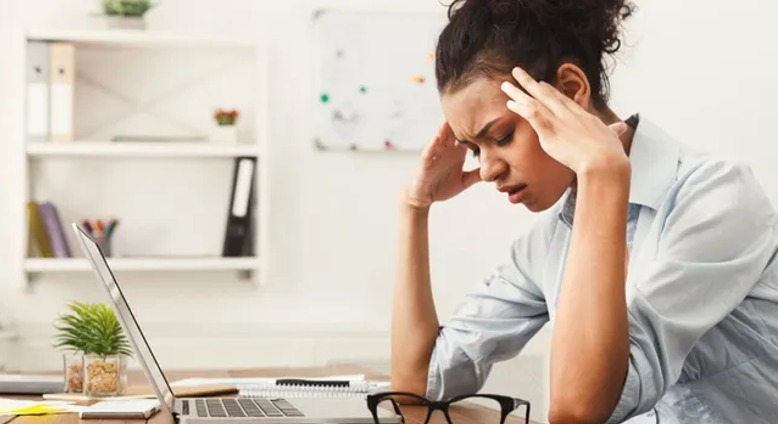Anxiety, Burnout, and Self-Esteem: The Hidden Mental Health Battles Among Women

Behind their achievements and multitasking strength, many women silently struggle with mental health challenges that often go unnoticed. Based on information received from pafikutaikab.org from balancing career and family life to navigating societal expectations, the pressure can take a heavy emotional toll. Experts say three of the most common mental health issues faced by women today are anxiety, burnout, and low self-esteem often intertwined in ways that make them difficult to separate.
1. Anxiety The Pressure to Be Perfect
Anxiety disorders are more prevalent among women than men, according to data from the World Health Organization (WHO), which estimates that women are twice as likely to experience chronic anxiety. The reasons range from biological factors, such as hormonal changes, to social pressures, including unrealistic standards of success and appearance.
“Women are often expected to perform well in every role — as professionals, mothers, and partners,” said Dr. Alyssa Greene, a clinical psychologist at the University of Washington. “This constant pursuit of perfection creates a state of hyper-alertness and worry that easily develops into anxiety.”
Symptoms can include difficulty sleeping, muscle tension, and overthinking, often triggered by daily responsibilities or fear of judgment. Over time, unmanaged anxiety can lead to physical exhaustion and social withdrawal.
Experts recommend mindfulness techniques, regular exercise, and professional counseling as effective ways to manage anxiety before it spirals into chronic distress.
2. Burnout — When Productivity Turns Into Exhaustion
Burnout is no longer limited to corporate professionals; it now affects women across all walks of life, from working mothers to caregivers. Defined by emotional exhaustion, reduced motivation, and feelings of detachment, burnout has become a growing public health concern in the post-pandemic era.
The combination of remote work, family obligations, and the pressure to remain “productive” 24/7 has left many women physically and mentally drained. A 2024 report by Mental Health America found that nearly 68% of working women experience burnout symptoms at least once a month.
“Women tend to take on invisible workloads — organizing, planning, caring — without proper recognition or rest,” said Dr. Greene. “That emotional labor builds up and results in burnout.”
To prevent burnout, experts advise setting clear boundaries between work and personal life, prioritizing rest, and seeking emotional support from peers or professionals.
See also: Digital Transformation: Why It Matters for Businesses
3. Self-Esteem — The Silent Struggle
Low self-esteem often acts as both a cause and consequence of mental health struggles among women. Social comparison, body image concerns, and the influence of social media play major roles in shaping self-worth.
Psychologist Dr. Elena Foster explains that platforms like Instagram can amplify insecurities. “Constant exposure to curated perfection reinforces the feeling of ‘never being enough,’ especially among younger women,” she said.
Improving self-esteem requires conscious effort — practicing self-compassion, setting realistic goals, and limiting exposure to toxic digital content. Encouragingly, therapy approaches like Cognitive Behavioral Therapy (CBT) have shown success in helping women rebuild confidence and resilience.
Breaking the Silence
Experts agree that open conversations about women’s mental health are essential to breaking stigma. Societal change must accompany individual action — from workplace mental health programs to inclusive policies that value emotional well-being as much as productivity.
“Empathy and awareness are the first steps,” said Dr. Greene. “When women feel supported instead of judged, healing becomes possible.”
Anxiety, burnout, and low self-esteem may be silent battles, but they are far from rare. Recognizing the signs early and seeking help can make all the difference.
After all, taking care of mental health is not a sign of weakness — it’s an act of strength every woman deserves to embrace.
Source: https://pafikutaikab.org/



